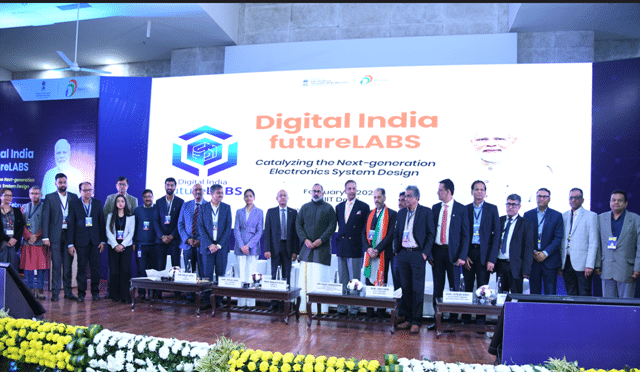Data lake is a centralised repository of data, stored in raw format. On-premise data lakes, built on HDFS clusters, are high maintenance: Organisations have to spin up servers, orchestrate batch ETL jobs, and deal with outages and downtime apart from integrating a wide range of tools to ingest, organise, pre-process, and analyse the data stored in the lake.
Aside from capital expenditure to set up the infrastructure, the operating costs of on-premise data lakes make them less feasible. The scaling of on-premise data lakes infrastructure calls for manually adding and configuring servers.
The on-prem data lake demands a tight check on resources utilisation and is cost-intensive. Taking the cue, organisations are now moving their data lakes to the cloud.
Benefits
Cloud data lakes offer organisations solutions to gather large amounts of data that can be easily duplicated and used by developers, data experts, analysts, etc. Migration of data lakes to cloud allows organisations to improve their bottom line by doing away with the hassles of infrastructure building and maintenance, freeing up their engineering resources to foster a culture of innovation across the value chain. Users can cut down on engineering costs by utilising data lakes to easily and efficiently develop data pipelines. The entire procedure is pre-integrated and extremely efficient. As a result, a significant amount of time and effort is saved, enabling organisations to scale rapidly.
Cloud data lakes are agile and dependable, and can incorporate state-of-the-art services without changing the infrastructure. The cloud move helps organisations avoid a slew of operational issues, such as the accumulation of disposable data spread across multiple servers, as well as service disruptions.
Google Data Lake
Google Cloud Storage is a general-purpose storage service with low-cost choices ideal for data lake applications. GCP products like Cloud Pub/Sub, Dataflow, Storage Transfer Service etc help with ingesting data into your data lake.
However, GCP’s analytics solution is not on par with other major cloud providers. As part of Cloud Dataproc, GCP provides a managed Hive service and the ability to use Google BigQuery to do high-performance queries over huge data sets. In addition, Google offers Cloud Datalab for data mining and exploration, including a managed Jupyter Notebook service.
AWS Data Lake
AWS provides various data lake solutions, including Amazon Simple Storage Service (Amazon S3) and DynamoDB, a low-latency NoSQL database used in high-end data lake scenarios. In addition, large amounts of data can be transferred to S3 using data ingestion tools such as Kinesis Streams, Kinesis Firehose, and Direct Connect.The AWS toolkit also includes a database migration service to help migrate on-premise data to the Cloud. Elasticsearch is offered as a managed service, simplifying the process of querying log data, and Athena offers serverless interactive queries. AWS CloudFormation scripts can be used to customise these tools.
Azure Data Lake
Microsoft Azure offers a data lake architecture of two layers: storage and analysis. Azure Data Lake Store (ADLS), the storage layer, has a limitless storage capacity and can store data in practically any format. It is based on the HDFS standard. Azure Data Lake Analytics and HDInsight, a cloud-based analytics solution, make up the analytics layer. You can write your own code to customise analysis and data transformation activities and also utilise Microsoft’s Analytics Platform System to analyse datasets.
While Cloud data lakes promise a host of benefits, it comes with a fair share of challenges in terms of data ingestion, gaps in data pipelines, portability of data pipeline, maintenance costs, scalability, and much more.



















































































